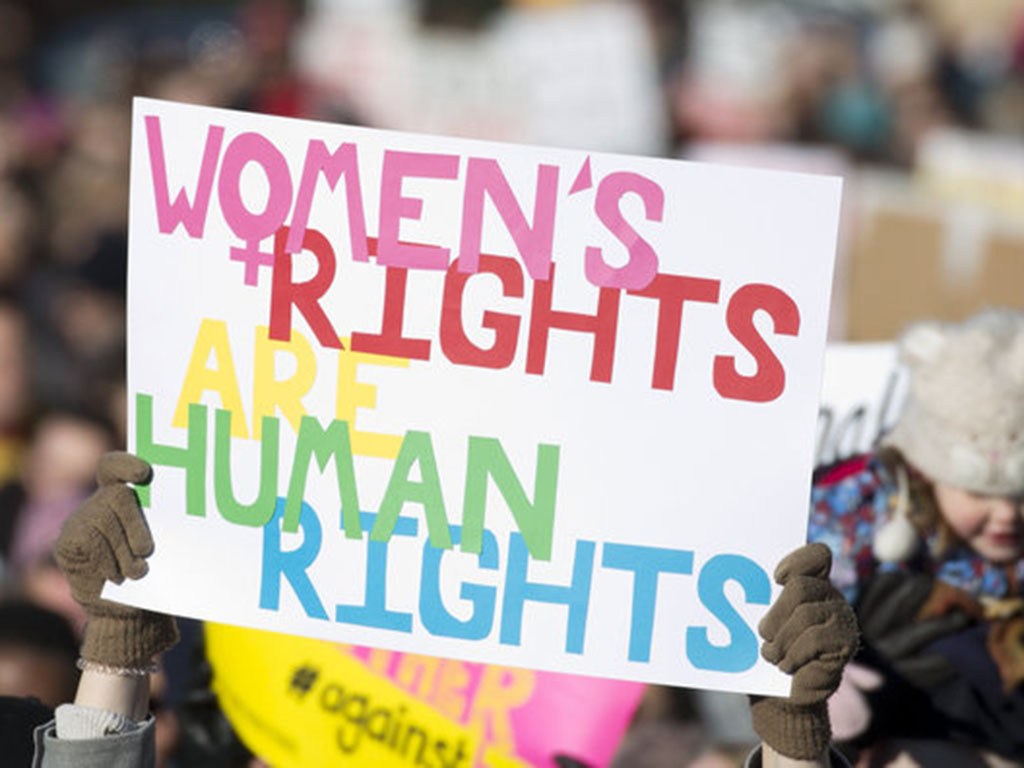This list of influential female business leaders paves the path for more women to hold positions of power and influence. For most Pakistani women, role models include Malala Yousufzai, the Nobel Peace Prize winner at 16, or the late human rights activist and lawyer Asma Jahangir, the prolific poet and former CSS officer Parveen Shakir, or even Pakistan’s first female prime minister Benazir Bhutto. They usually come to mind when we think of role models in Pakistan.
However, there are several women in the corporate world who should be recognised. At global corporations, banks, computer firms, shipping and logistics organisations, the dairy sector, and other male-dominated professions, these women have built a name for themselves.
For International Women’s Day, we’re profiling six Pakistani women who are inspiring a new generation of female leaders.
Aruna Hussain
The Managing Director of Sealand Europe
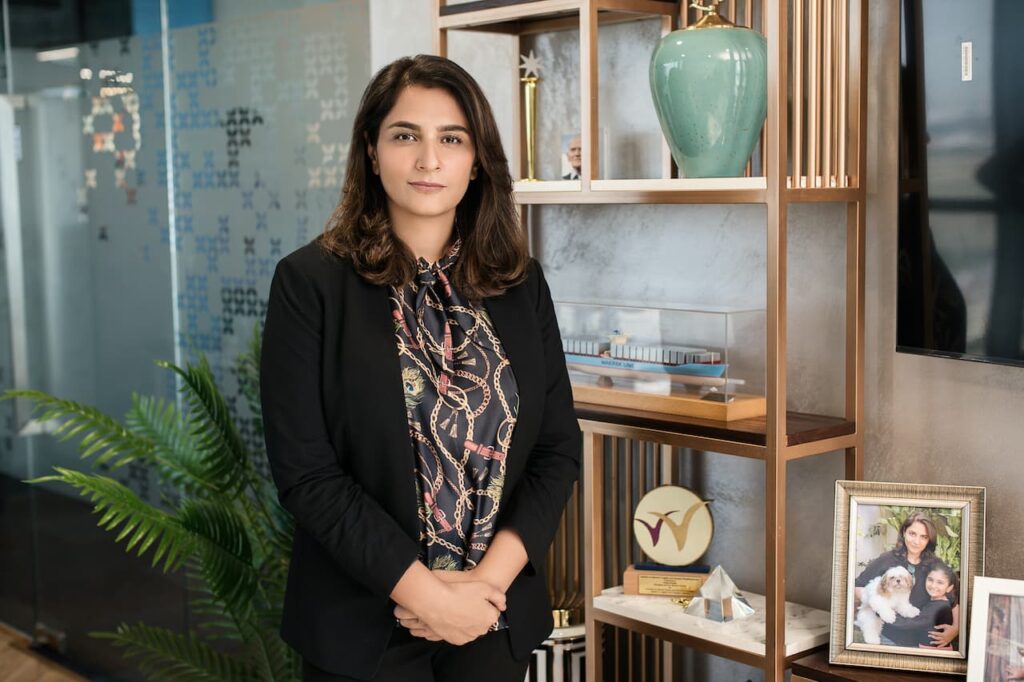
You’re losing out on Aruna Hussain if you haven’t heard of her. She is a legend in the male-dominated logistics and shipping sector. In 2000, she began her work as a Maersk International Leadership Program trainee. Hussain rose through the ranks of the company, both domestically and internationally, as she gained experience and knowledge.
As CEO of the shipping company’s logistics business in Pakistan, she made history as the country’s first woman to hold the position. She returned to Maersk in 2016 after a two-year time off.
As CEO of their logistics division, she later became COO of the Middle East division. As of January 2019, she had been appointed as Maersk’s Managing Director for the Pakistani market. She now serves as managing director of Sealand Europe, a Maersk subsidiary.
She said that Pakistan can only flourish if women are properly represented in all areas of the country’s presence. Men and women in Pakistan must work together to change the unfair pressures women face in Pakistani society, according to the author. As women continue to strive for equal rights for men, it is critical that both groups step up their efforts. Everyone has a responsibility to break the bias “every day, at home, in our communities, institutions and workplaces.”
Aisha Sarwari
Deputy Country Manager for Pakistan and Afghanistan at Coca-Cola International

After completing her undergraduate degree at San Jose State University in the United States, Sarwari worked for several prestigious organisations, including USAID, USIP, the World Bank, Adam Smith International, CNN, NPR, the Bill and Melinda Gates Foundation, and DFID. She presently serves as the director of public relations, communications, and sustainability for the Coca-Cola Company in Pakistan and Afghanistan.
Speaking about her success, she attributed it in part to the fact that she was fortunate enough to have excellent mentors who could open doors for her while many others were shut. “Hard effort and integrity are the only currencies that can succeed. They’ll eventually guard you,” she added.
“Because I’m so sensitive to power dynamics and will not tolerate males who pull rank in the workplace, it’s been difficult. In addition, society does not provide adequate protections for women seeking gainful employment. As a parent and a member of the community, you endure the responsibility. There is a general misconception among the public that financial gain motivates you solely. Young ladies who aspire to enter the sector should know their surroundings,” she said.
A career in Pakistan is fraught with peril and anxiety. No, it’s true that the benefits are high, and independence is a virtue worth aiming for, but the cost is considerable since women are typically underpaid, the wage gap is real and if conflict happens, few organisations have the maturity to respect the law.
Nausheen Ahmedjee
Managing Director of Human Resources at Siemens
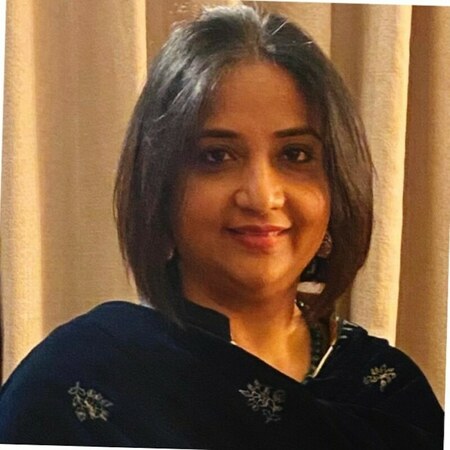
It’s been less than two decades since Ahmedjee’s varied career in pharmaceuticals, finance and accounting saw her gain knowledge in creating two critical components for any company’s success – organisational procedures and practises and human capital. Siemens Engineering Pakistan Limited presently employs her as the company’s head of people and culture. She is a specialist in assessing the needs of an organisation as a human resources manager.
She described her job as “interesting,” noting that she was a chartered accountant with experience in business development, strategy, and financial planning before taking on the role of HR director at a well-known company. Among more developed countries like the United States and the United Kingdom, Ghana has been my favourite place to live. While taking time off for family obligations, “I made sure that I didn’t stop learning and improving,” she said. “Family has been crucial to my success,” she continued.
Ahmedjee attributes her good fortune to powerful men in her life, beginning with her father, who made certain that his three daughters had the greatest possible education and provided them with unwavering support. She credited her success to her spouse, claiming that he served as a mentor to her. Most of our employees are guys, and I’ve discovered more pleasant individuals than cheap ones. In order to earn the respect of our male colleagues, it is critical that we, as women, conduct ourselves professionally in the workplace. She replied, “I learned very early on that if you show respect, you get it back,” and she was right.
This Women’s Day, Ahmedjee wants to make a point of reminding young women that success does not always entail climbing the highest peak. It is crucial to define “success” in all aspects of one’s life, including one’s work and one’s family, friends, health, and happiness, she added.
Moneeza Butt
KPMG’s Partner
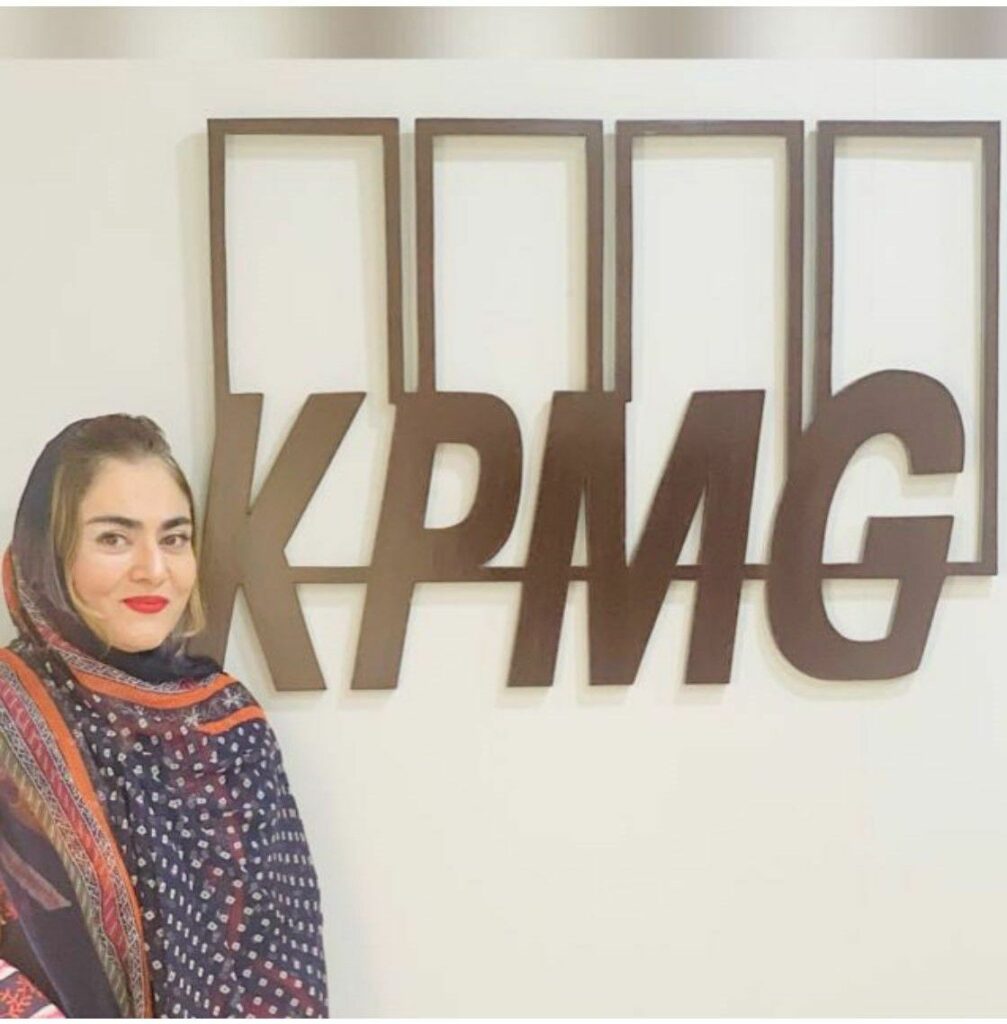
In the auditing world, Moneeza Usman Butt is a celebrity. She’s a partner at KPMG Pakistan — one of the biggest audit and advisory firms in the world. She joined KPMG in 1996 and qualified as a chartered accountant in 2000. Eight years later, she became a partner at the firm.
She was also the first woman to be made a partner in one of the big four CA firms of Pakistan. She said that chartered accountancy was primarily a male-dominated field and she used to stick out like a sore thumb in teams and boardrooms.
According to Butt, the struggle is real for working women. “It is difficult to manage personal and professional lives. However, if you have the grit and determination, nothing can stop one from overcoming the obstacles that surface in one’s journey, as where there is a will, there is a way,” she said.
“Women are the architects of our society and we need to encourage, nurture and pave the way for them to ascend to leadership roles. Women often are unassuming and unsure about their true capabilities. They are dismissive about their skills and talents and since they do not see enough women in leadership roles, they cannot visualise themselves in those roles.
“I strongly believe that if one has the sincerity of purpose and excels in their respective field, then they must display the confidence to imbibe the success that comes their way. If women don’t exude that conviction and self-belief, it is difficult for others to place reliance on their abilities. Hence, embrace your gender with fortitude and celebrate it rather than thinking of it as a drawback to your dreams.”
Umber T Ansari
Head of Marketing, Comms and PR at Engro Corp
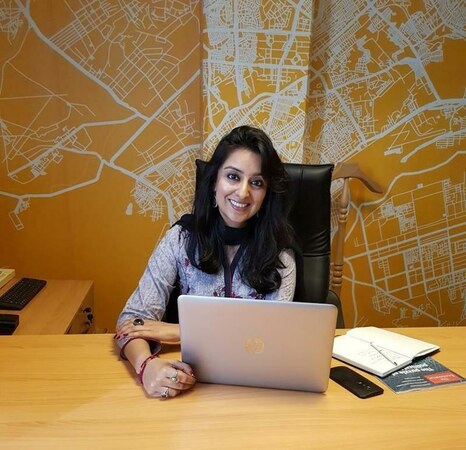
Umber Tanya Ansari is a Pakistani-American who has been working in Pakistan for 16 years. Before joining her present job, where she is head of branding and communications for a major conglomerate, she worked her way up to heading several departments in Pakistan’s asset management industry and was a member of the management committee of one of the most prominent AMCs in Pakistan. Ansari is a creative individual who is also certified in Global Diversity & Inclusion Benchmarking and is a Silver Shadow trainer, allowing her to train in 80 different countries.
Talking about her journey, she said that working in Pakistan has been amazing. “It’s challenging, fruitful, and sometimes downright frustrating — but these are parts of the sum. It is worth it. The sum is financial independence, empowerment, confidence, interacting with such a diverse set of people and learning from all of them. The sum is definitely worth it,” she added.
According to her, as a woman working in a male-dominated corporate sector, her experience had been like that of most women who work: fulfilling but not always fair. “The reality, being a woman, is that you have to deal with conscious and unconscious biases. Fortunately, I work in a company that hears women if they flag issues and has a zero-tolerance policy on discriminatory behaviour and harassment,” she explained.
To young women stepping into the corporate sector, Ansari has one message — challenge the stereotypes around what roles women “can” have. “Break biases against women working with other women. Be the professional you would be pleased to work with so you inspire others. And don’t get frustrated when you see clearly that you have to work harder than a man to get the same recognition, because it will happen… and you have to keep going to make it easier for the women who come after us,” she said. “Trust me, the women before us had to go through a lot more for us to be where we are today. Finally, have mentors and advocates across genders — we all just need to realise that a world free of biases is a world worth living in.”
Sania Sattar
Head of Corporate Communications, Sustainability and Special Projects at FrieslandCampina
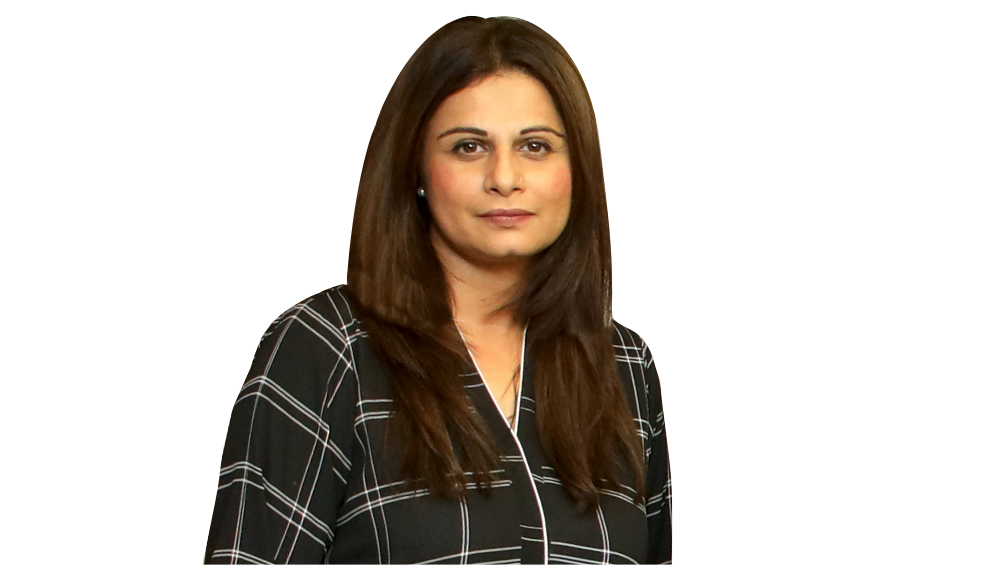
She previously worked at Unilever in brand activation and communications before moving to digital recruiting and development at FrieslandCampina in 2018, where she is currently in charge of corporate communications. Sattar asserts that doing what you love is the only labour you’ll ever have to do.
“Our colleagues at FrieslandCampina have created a wonderful working atmosphere that they all enjoy.” It’s a joy to be a part of this team. The wonderful people I’ve met only surpassed this attitude and continue to meet in my campus community. As a result, “I could not be prouder” of the company’s commitment to “uplifting [women] and developing a community,” she said.
According to Sattar, 50 percent of the talent pool presently comprises female employees. A company with a focus on talent quality, depth and breadth should rebalance the scales to ensure a more fair distribution of resources. “It also helps to match incentives to businesses and local communities,” she added.


